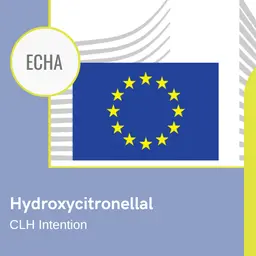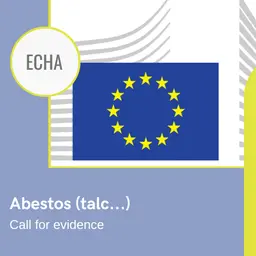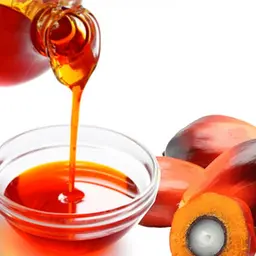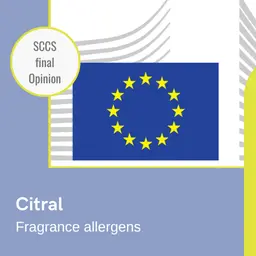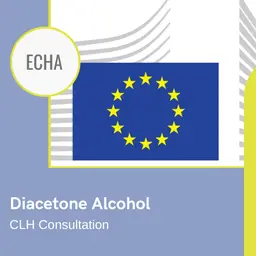
According to a study published in the Journal Nature communication, the administration of Triclosan, a preservative and antimicrobial agent, via breast milk promotes non-alcoholic fatty liver disease in newborn mice. According to the researchers, this could explain the importance of this disease in recent years.
In the presentation of their study, the researchers claim to have shown that Triclosan, that has been detected in human breastmilk, can be efficiently transferred by lactation to newborn mice, causing significant fatty liver during the suckling period.
They say that these findings are relevant since pediatric non-alcoholic fatty liver disease is escalating in the United States, with a limited mechanistic understanding.
The researchers observed that lactational delivery stimulated hepatosteatosis, triglyceride accumulation, endoplasmic reticulum (ER) stress, signs of inflammation, and liver fibrosis. De novo lipogenesis (DNL) induced by lactational TCS exposure is shown to be mediated in a PERK-eIF2α-ATF4-PPARα cascade. The administration of obeticholic acid, a potent FXR agonist, as well as activation of intestinal mucosal-regenerative gp130 signaling, led to reduced liver ATF4 expression, PPARα signaling, and DNL when neonates were exposed to Triclosan.
“It is yet to be investigated but mother to child transmission of Triclosan or similar toxicants may underlie the recent increases in pediatric non-alcoholic fatty liver disease,” they conclude.
The full study is open access on the Nature Communication website.
Source
• Lactational delivery of Triclosan promotes non-alcoholic fatty liver disease in newborn mice, Weber, A.A., Yang, X., Mennillo, E. et al., Nat Commun …

